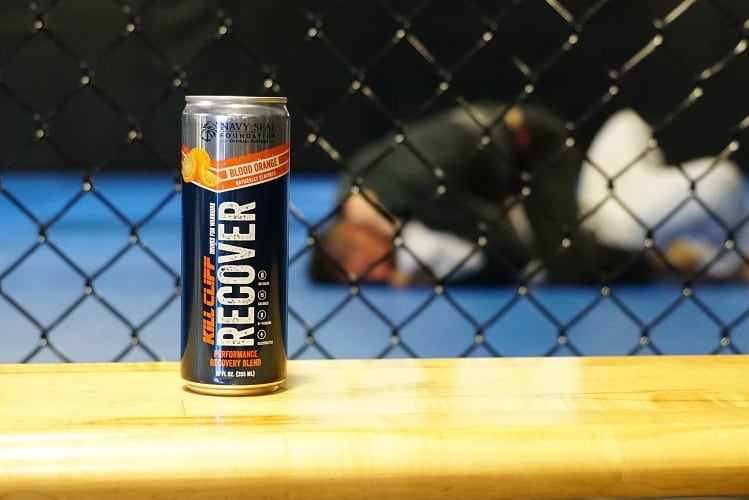Isomaltulose is a disaccharide carbohydrate composed of glucose and fructose. It tastes like sucrose but has about half the sweetness, and its slower rate of digestion has been posited to have some blood sugar management, weight management and potential sports nutrition benefits.
Study compared isomaltulose, glucose and maltodextrin
Researchers associated with the German Sports University in Köln (Cologne) decided to investigate the metabolic, hormonal and performance effects of isomaltulose in comparison to glucose and maltodextrin, another common functional carbohydrate used in sports nutrition products. The research was published recently in the Journal of the International Society of Sports Nutrition.
Finding a better alternative for common sugars has been a long standing theme in sports nutrition studies. Some approaches have favored carbohydrates that are digested faster than glucose, the standard benchmark. These include exotic offerings such as fractionated amylopectin and highly branched cyclic dextrin.
On the other end of the spectrum are low glycemic index carbohydrates, including isomaltulose, which is marketed as the branded ingredient Palatinose by functional fibers and carbohydrates supplier Beneo. Beneo, part of German multinational firm Südzucker Group, manufactures the ingredient via an enzymatic process.
Some resent research on Beneo’s ingredient has focused on its potential benefit in products aimed at weight management.
Blood sugar markers and performance effects measured
The researchers were seeking to measure the fat and carbohydrate oxidation rates, blood glucose levels and serum hormone concentrations of insulin and glucose-dependent insulinotropic polypeptide (GIP) between the three groups. By way of secondary measures they assessed running performance and gastrointestinal discomfort. The researchers noted that isomaltulose has been well studied for its effects on the resting levels of these measures, but how the evidence is more limited for the use of isomaltulose in performance settings.
The researchers recruited 21 male recreational endurance runners, who ranged in age from 21 to 32. The runners ingested 50 grams of isomaltulose, glucose or maltodextrin before performing a 60 minute treadmill run at 70% of their maximum oxygen uptake. They then rested for 15 minutes and then performed a treadmill run to exhaustion at 85% of their VO2max. Blood was drawn at baseline, every 10 minutes and at the end of the 60 minute run and again at the end of the exhaustion phase of the test.
In addition to the 10-minute blood draws, subjective assessments of GI comfort were gathered at those intervals, too. Each runner completed the test four times, once with no carbohydrate supplementation and again with each of the study materials. The test was doubled blinded, the authors noted.
The researchers found that isomaltulose had a benefit on some measures but not on others.
“Isomaltulose ingestion seems to have a more advantageous effect on blood glucose, insulin and GIP response compared to maltodextrin and glucose, as was shown by reduced postprandial absolute concentrations and a lower rate of fluctuation during treadmill running exercise. However, glucose availability, as well as fat and carbohydrate oxidation rates remained unaffected. Furthermore, performance outcomes and gastrointestinal discomfort were not affected in this study,” the authors concluded.
Expert unconvinced by evidence
Prof. David Nieman, PhD, director of the human performance lab at Appalachian State University, has studied the effects of carbohydrates and polyphenols in sports nutrition for years. Nieman said the data in this study confirms what he has observed in others, namely that it’s hard to beat Mother Nature when it comes to fueling the human body for optimum sports performance.
”The data in this study, and other similar studies, are not strong enough to recommend the inclusion of isomaltulose in sports nutrition products. This particular study did not include a placebo control, and that is problematic. In general, the working muscles during intensive and prolonged exercise receive performance benefits from readily available exogenous sources of glucose, fructose, and sucrose (such as found in most fruits and sports nutrition beverages). Isomaltulose may ‘look good on paper,’ but this has not translated to a significant enhancement in performance,” Nieman told NutraIngredients-USA.
Source: Journal of the International Society of Sports Nutrition
18, Article number: 38 (2021)
Metabolic, hormonal and performance effects of isomaltulose ingestion before prolonged aerobic exercise: a double-blind, randomised, cross-over trial
Authors: Notbohm HL, et al.



